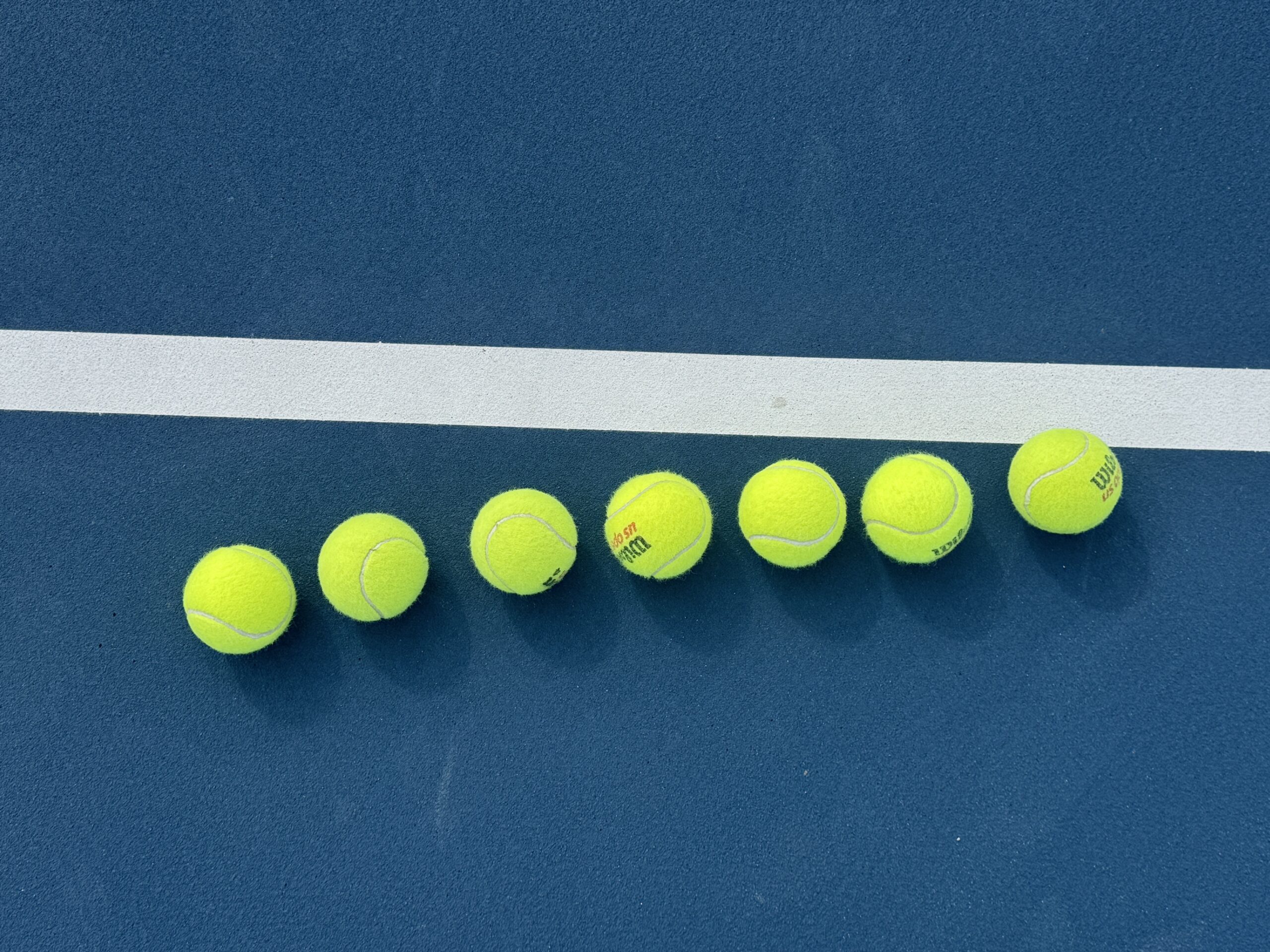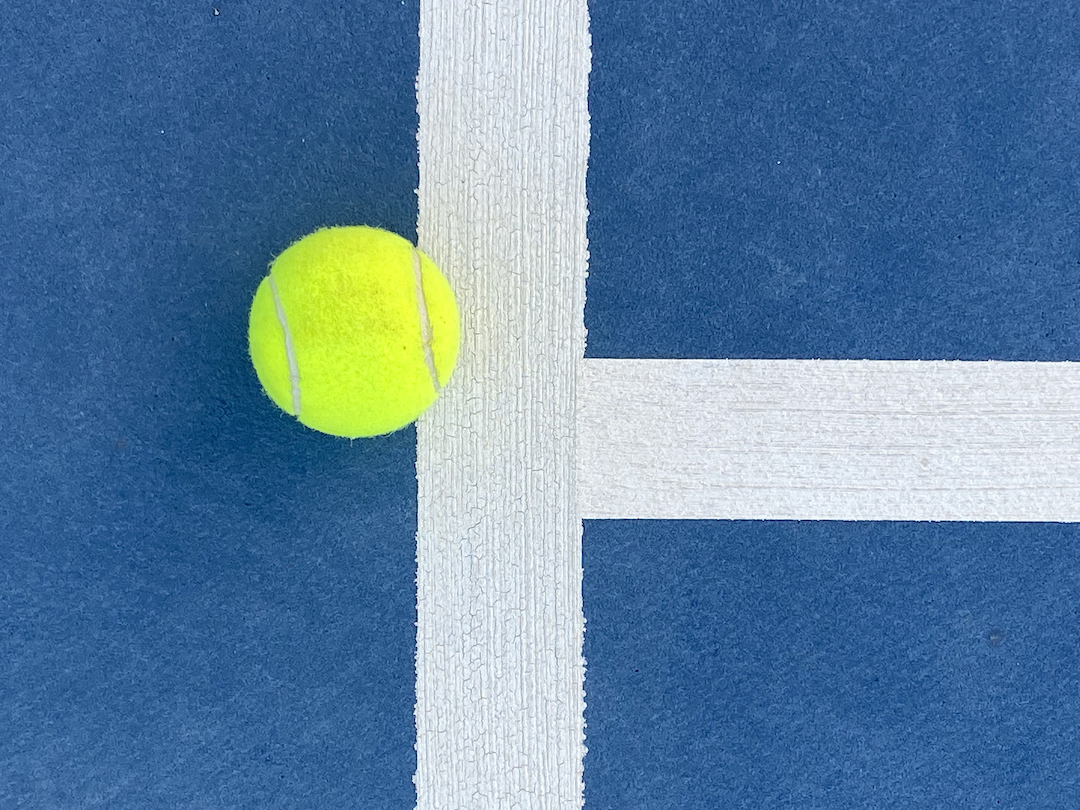My perception is that the majority of USTA members are at best only vaguely aware of the existence of the International Tennis Federation (ITF). For league exclusive players, there simply wouldn’t be any reason to. I think the odds tick up ever so slightly for tournament players, but only at the highest levels of competition.
Any discussion of the rules of tennis has to start from a foundation of understanding the role of the ITF and the relationship to the USTA. Yesterday I mentioned that the 2019 Friend at Court contains the word “racket” 92 times. “ITF” clocks in at 245 mentions. I was not told that math would be required for the writing of this blog, but I am pretty sure that is a ratio of 2.6 to 1. Put another way, the ITF is apparently more than 2.6 times as important to playing tennis correctly as is the actual racquet.
Before the advent of smart phones and the widespread availability of the rules in electronic form, I used to carry a dog-eared copy of the Friend at Court in my tennis bag. Yes, I was that kid/parent. Somehow in the process I managed to always “yada, yada” over the ITF mentions. The ITF didn’t come into focus for me until I started playing senior tennis, and then only as the sanctioning body for some international events that I aspire to play someday.
While the Friend at Court is the rules and regulations under which tennis is played in the United States, the game is actually played under the ITF Rules of Tennis. The USTA is a member of the ITF, but the USTA does not have any authority to change the rules. The USTA may propose changes to the ITF, but those changes may or may not be ultimately approved.
The Friend at Court contains USTA Comments on the ITF Rules of Tennis to provide clarification. Those comments are not a part of the official ITF rules, but they are binding for USTA sanctioned events. It’s an academic distinction that is probably only important to understand for those that play ITF sanctioned events that are not under the purview of the USTA. It does provide potential fodder for smart-ass comments in any future rules debates.
Part 1 of the Friend at Court is the contents of the ITF Rules of Tennis, so everyone is probably already mostly playing with with the ITF rules anyway.



